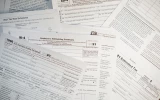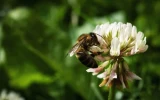How Many Beehives per Acre To Get an Ag Exemption?
If you're a beekeeper looking to get an agricultural exemption for your operation, you may be wondering how many beehives you need per acre to qualify. While the answer to this question may vary depending on your location and other factors, there are some general guidelines that can help you determine the appropriate number of hives for your operation.
In general, 3–4 beehives per acre are necessary for an agricultural exemption. A minimum of three beehives per acre is required. In some states, up to ten beehives per acre are considered a reasonable number for an ag exemption. Check with your local agricultural extension office for specific regulations.
Apart from lowering your taxes, an ag exemption protects you from local zoning ordinances and other forms of liability. So, if a neighboring property owner were to sue you for damages caused by your beehives, can you be sure that you are protected? Let's find out.
Summary
- An agricultural exemption is a state law that allows beekeepers to have beehives without paying taxes. It is designed to help beekeepers keep their hives and make a living from their beekeeping activities.
- Make sure that your beehives and apiary are registered and inspected, and that you adhere to all applicable laws and regulations to get an ag exemption.
- It's important to obtain an ag exemption to ensure the bees are well taken care of.
- The process of getting an ag exemption for beekeeping on your property includes research and paperwork.
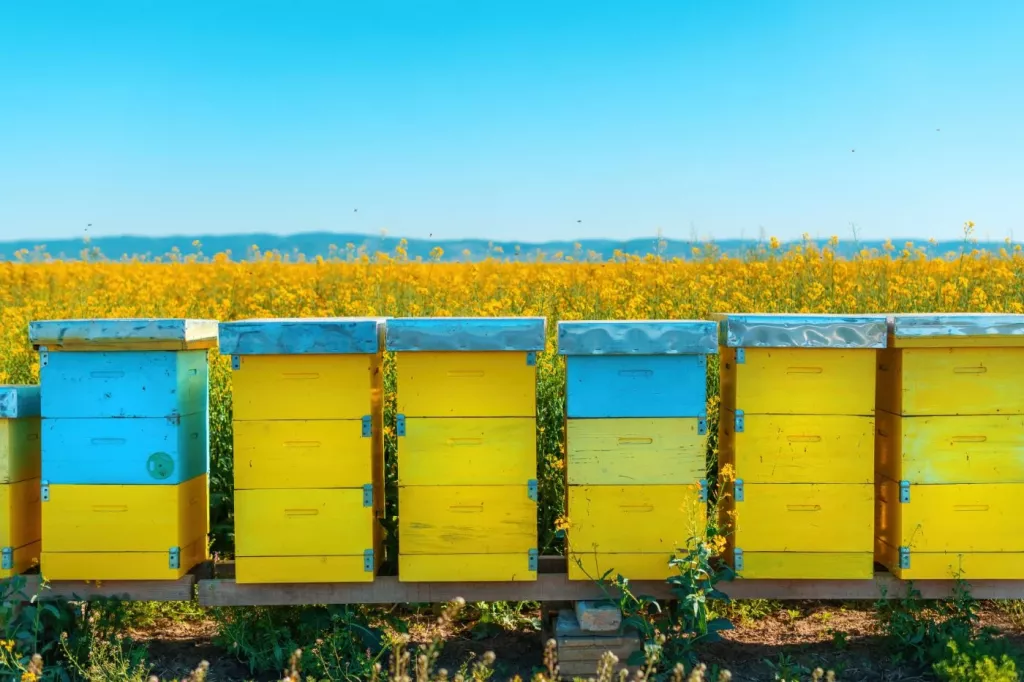
On this page:
Beehives Getting an Ag Exemption
Generally, a minimum of three beehives per acre is required for an agricultural exemption. In some states, up to 10 beehives per acre can be necessary for an agricultural exemption. The answer depends on the regulations of the local government.
In addition to the minimum number of beehives per acre, some states may require that the beekeeper have a certain amount of acreage dedicated to the production of honey or other bee-related products. It is important to note that an agricultural exemption is not available in all states.
Additionally, some states may require additional paperwork or inspections for an agricultural exemption to be granted. Therefore, beekeepers need to check the regulations in their state before attempting to obtain an agricultural exemption.
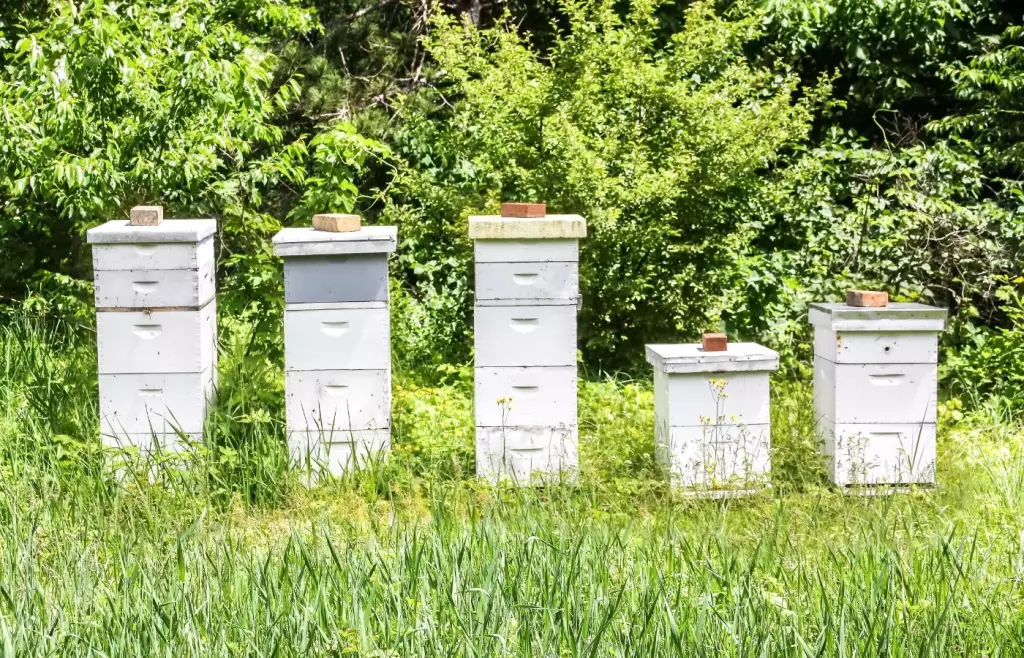
Qualifications in Getting an Ag Exemption
The agricultural exemption for beehives is granted by the local government and is typically valid for one year, although it may be renewable. To qualify for this, you, as a beekeeper, must meet certain requirements.
- First, you must own or lease the land on which you intend to keep the beehives.
- In addition, you must demonstrate that the beehives are part of a commercial enterprise, including showing evidence of sales of honey or other hive products.
- You must also demonstrate that the beehives are maintained according to accepted beekeeping standards.
- Finally, you must provide proof of insurance for the beehives.
- In addition, you may be required to pay an annual fee for the exemption.
The Process of Getting an Ag Exemption
- Research the laws and regulations in your state or county that apply to beekeeping.
- You should also contact your local agricultural office and ask them about the specifics of getting an ag exemption for beekeeping.
- Most states require that you have a certain number of hives per acre to qualify for this exemption.
- Once you have the necessary information, you should complete the application form and submit it to your local agricultural office.
- The application will ask for information such as your name, address, and a description of the beekeeping activities you plan to undertake.
- You will also need to provide proof of ownership of the land and a description of the land that will be used for beekeeping.
- Once your application is approved, you will need to pay any applicable fees, and then you will be issued an ag exemption certificate. This certificate will be valid for a certain amount of time and will allow you to keep bees on your property without having to pay any taxes or fees.
Definition of Ag Exemption for Beehives
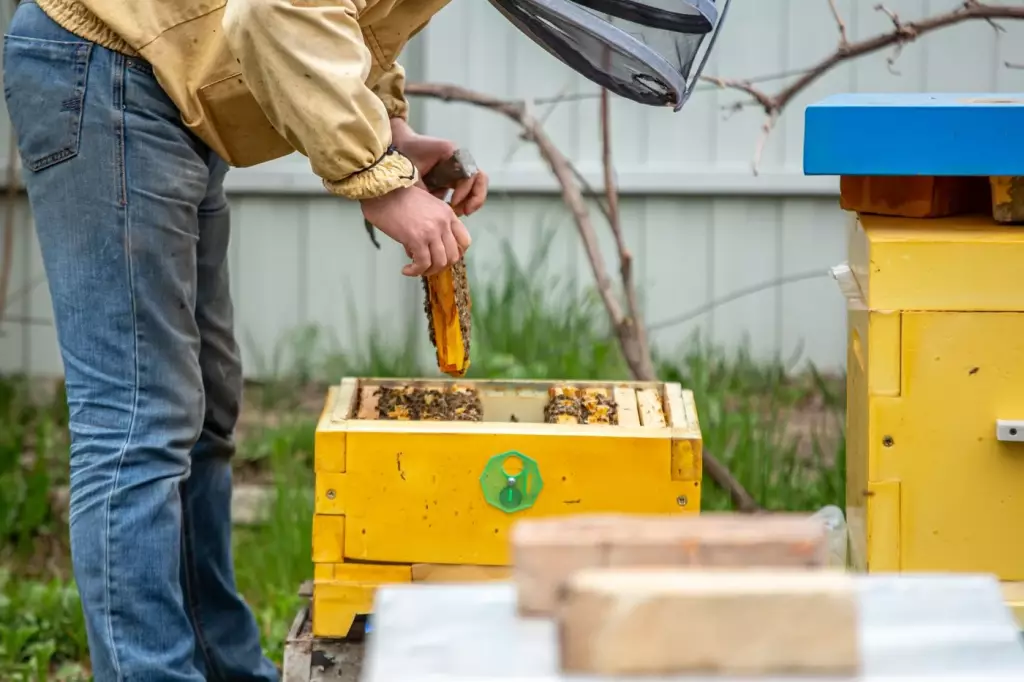
Agricultural Exemption for Beehives is a state law that allows beekeepers to keep bees without paying property taxes on their hives. This exemption applies to all bees used in agricultural production, including honey bees and other pollinating bees. In some states, the exemption applies to both the hive and the land it is on, while in others, it applies only to the hive.
The purpose of the Agricultural Exemption for Beehives is to encourage beekeeping, which helps ensure the pollination of crops and the production of honey. Beekeeping is a labor-intensive activity, so exempting the hives from property taxes helps to make it more financially feasible for beekeepers.
In some states, the exemption may be limited to only those hives that are actively producing honey or those that are actively used for pollination.
Additionally, some states may require that the beekeeper provide proof of their activity, such as a business license. The exact requirements vary by state, so beekeepers should research their specific state's regulations to ensure they comply.
The Agricultural Exemption for Beehives is an important tool for beekeepers, as it helps reduce their financial burden and encourages more people to take up beekeeping.
The Importance of Getting an Ag Exemption
You may need to obtain an agricultural exemption for your beehives to ensure that your bees are protected and their honey production is not affected.
- An agricultural exemption allows you to keep your beehives on property that would otherwise be considered taxable, helping you to keep their honey production costs lower.
- Additionally, it allows you to provide pollination services to local farmers, helping to improve crop yields, which can have an overall positive impact on the local economy.
- Finally, an agricultural exemption helps to ensure that honey production is sustainable and that the bees are healthy and productive.
- By helping to protect the bees, the agricultural exemption helps to ensure that the honey production industry remains strong and that the local environment is healthier.
Benefits of Having an Ag Exemption
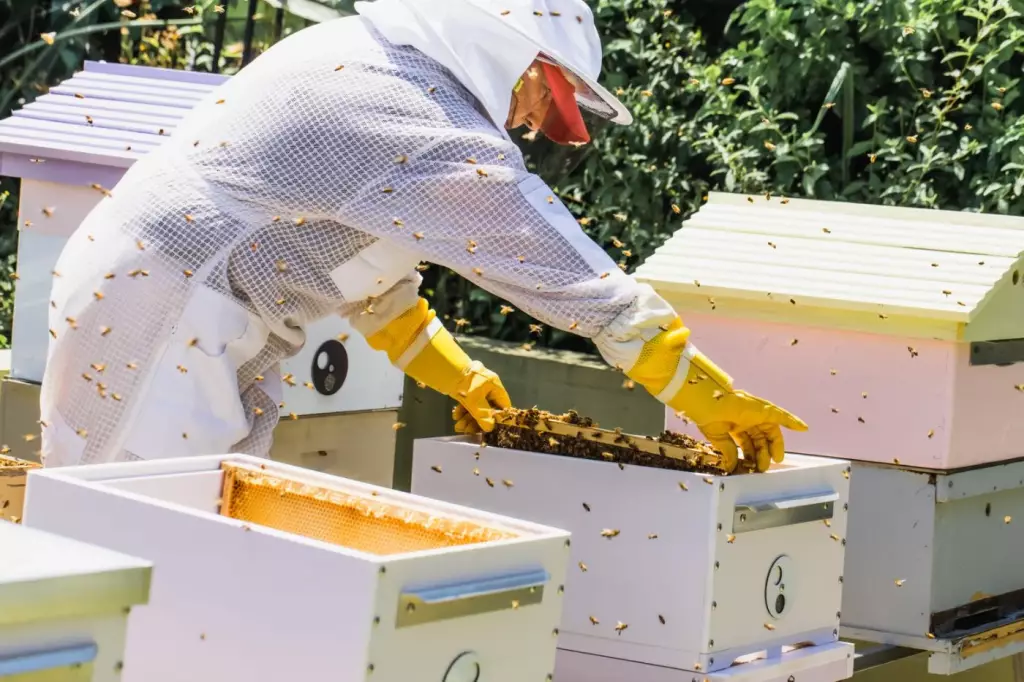
The most obvious benefit is that it can lower the amount of taxes that you must pay. This can be especially beneficial if you have multiple hives, as the ag exemption can provide some much-needed tax relief.
In addition, an ag exemption can also help to protect you from local zoning ordinances, as you can be exempt from certain regulations that would otherwise apply. This can make it easier for you to maintain and expand your business without having to worry about running afoul of local regulations.
Finally, an ag exemption can also help to protect you from other forms of liability, such as if a neighboring property owner were to sue you for damages caused by your beehives. By having an ag exemption in place, you can be sure that you are adequately protected from such liability.
